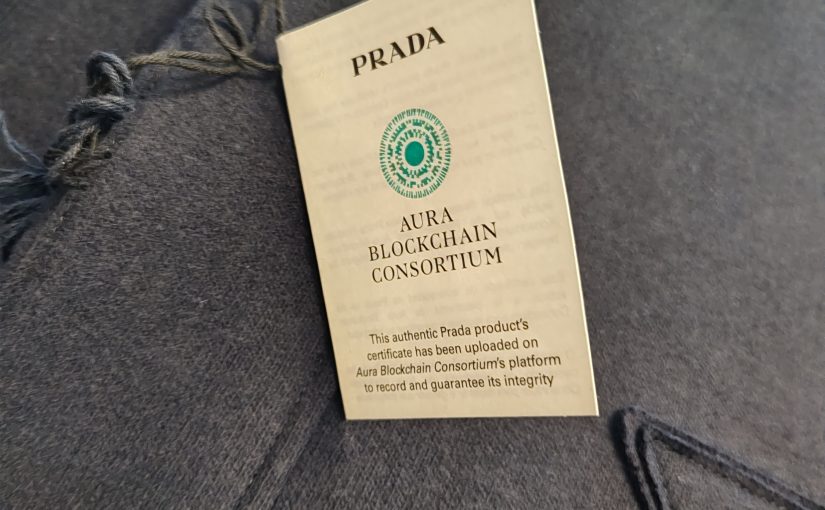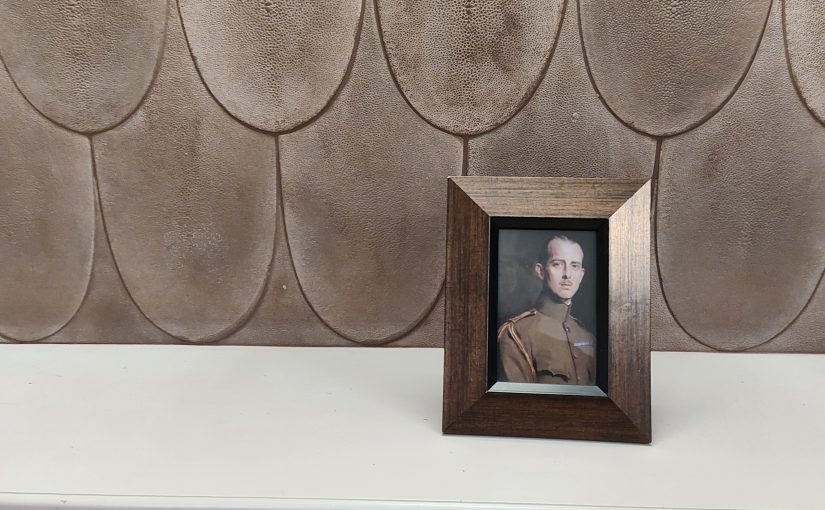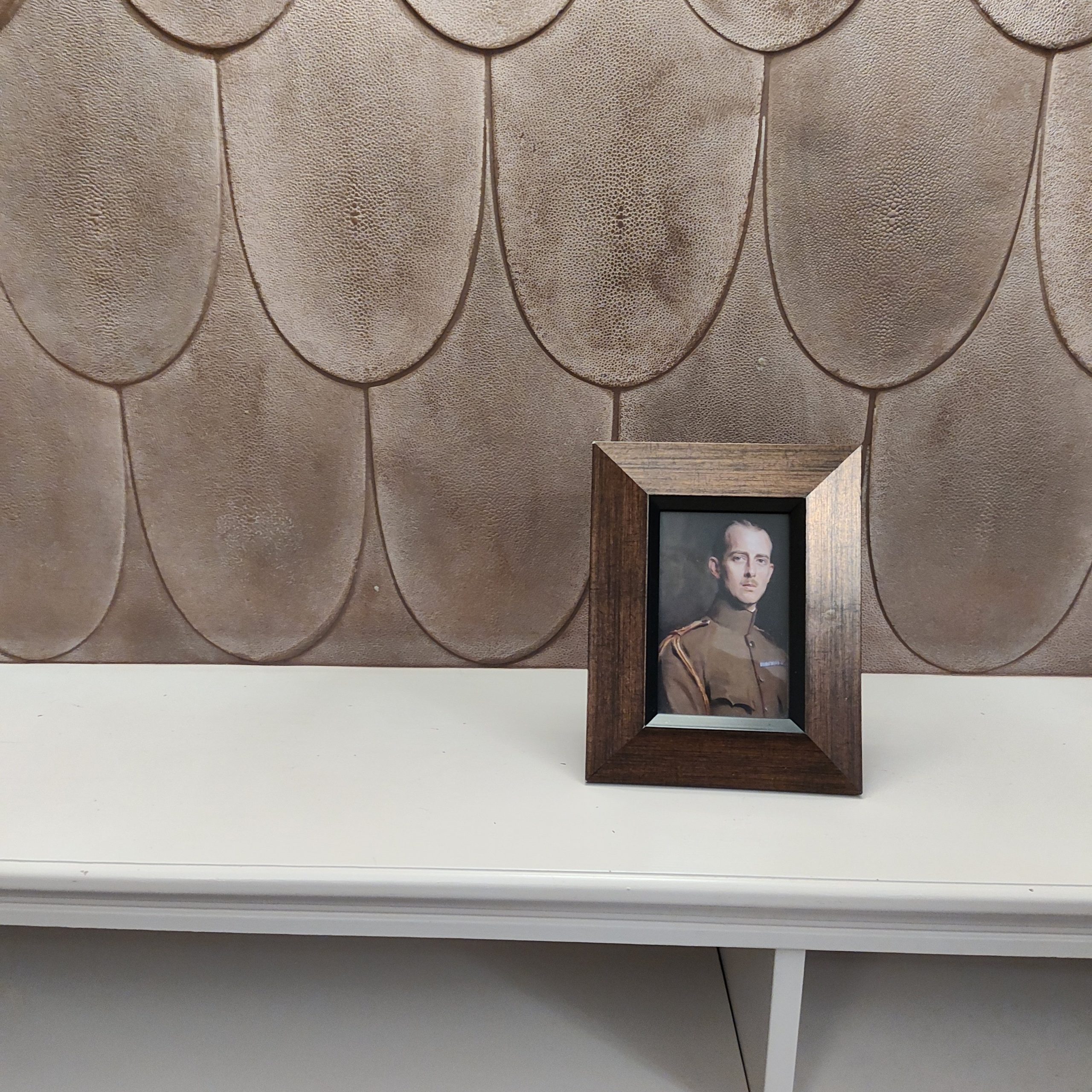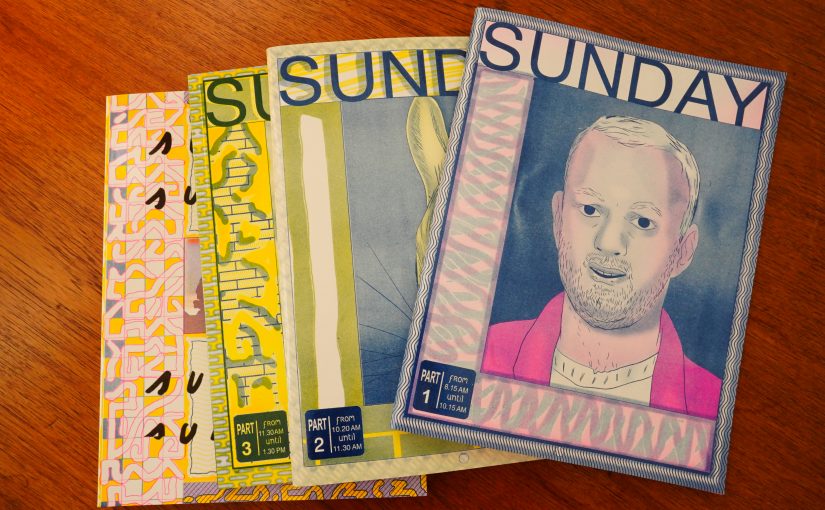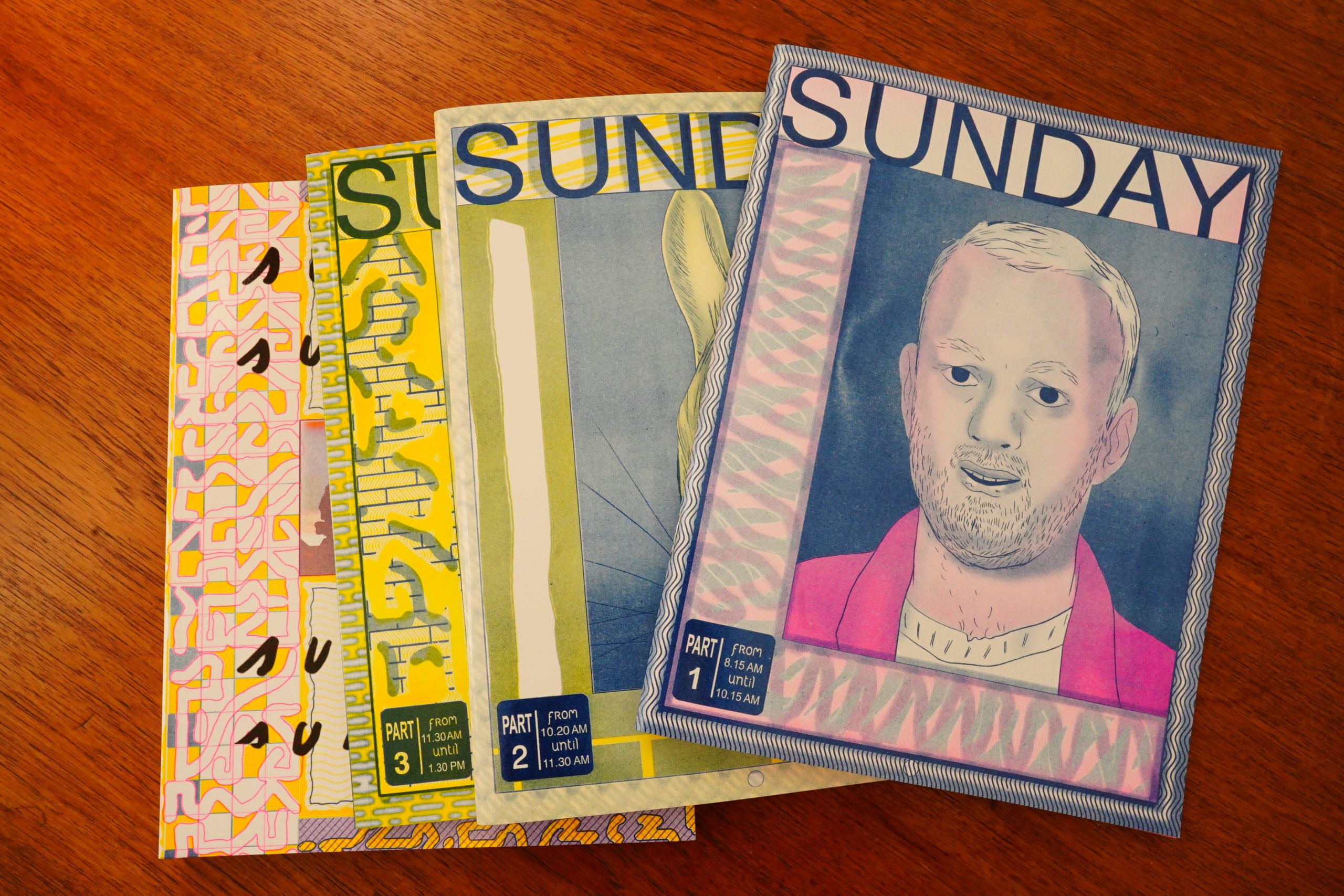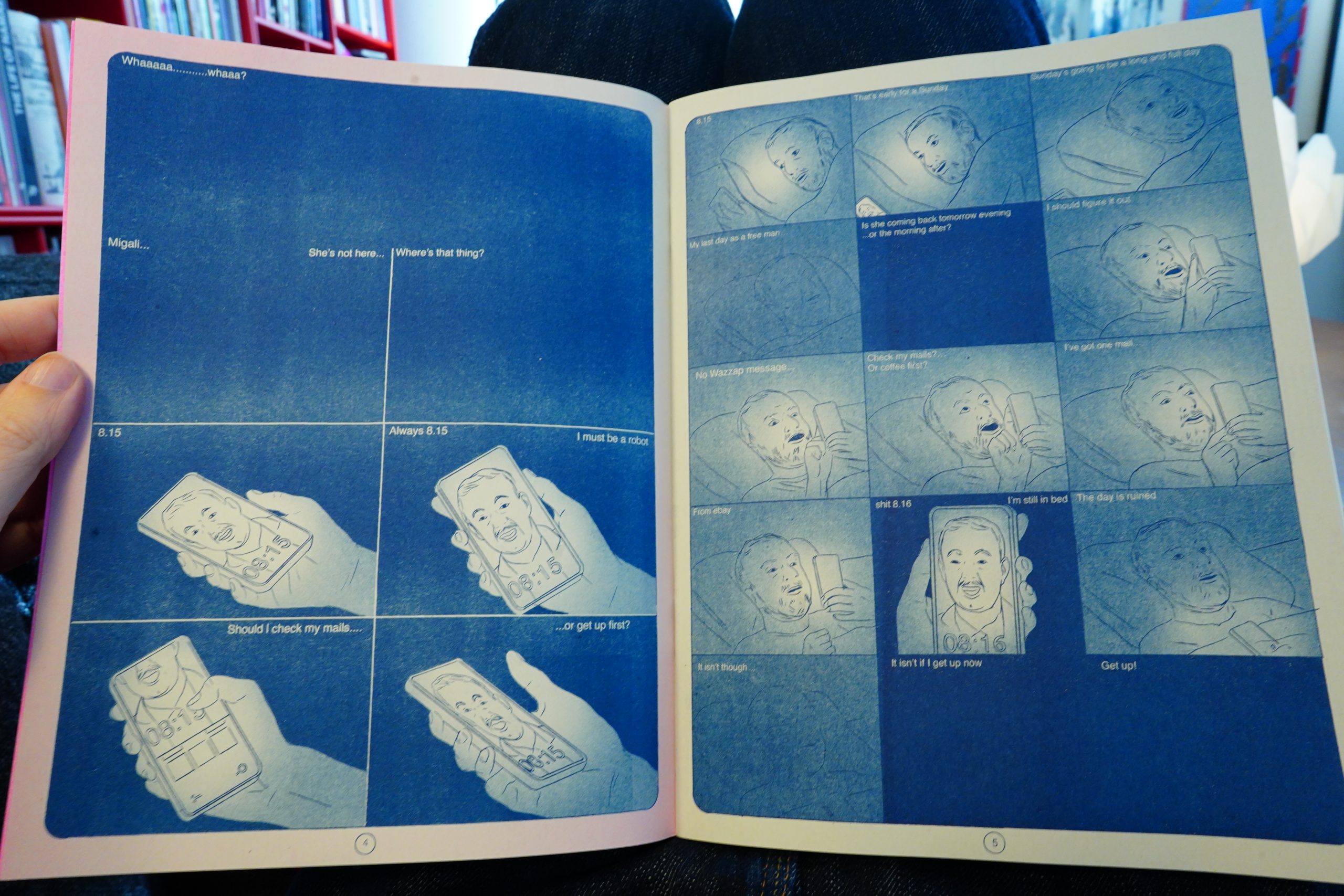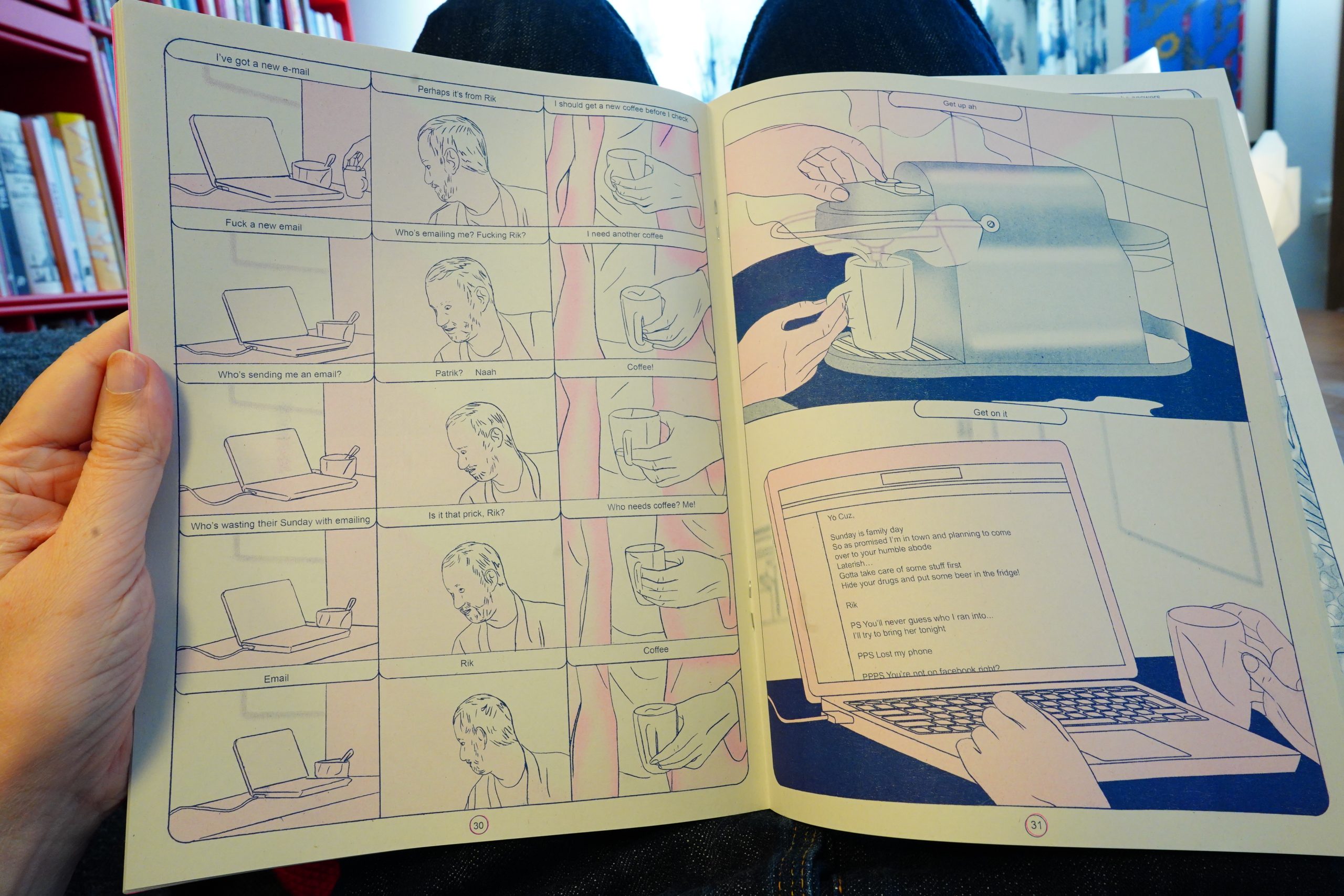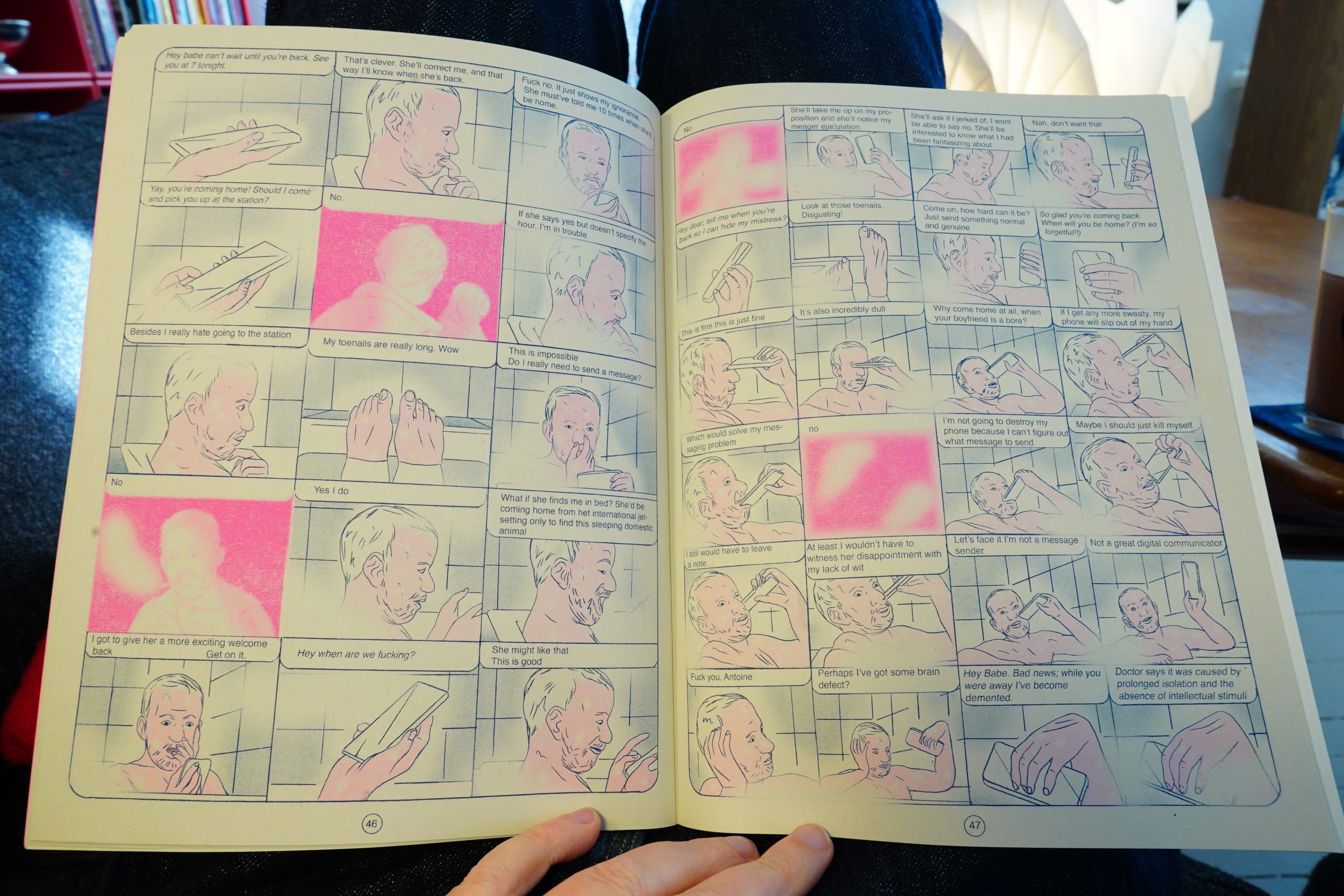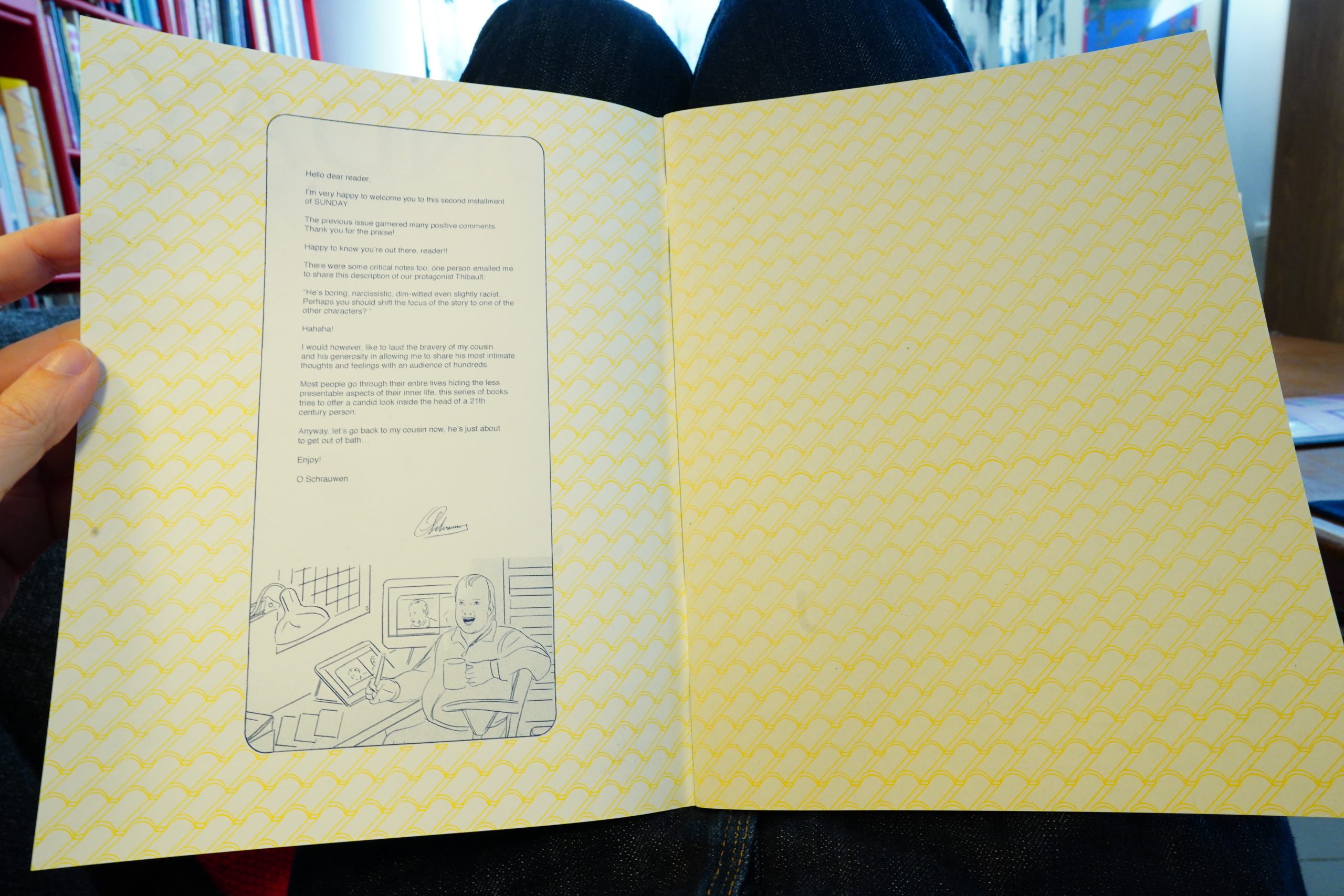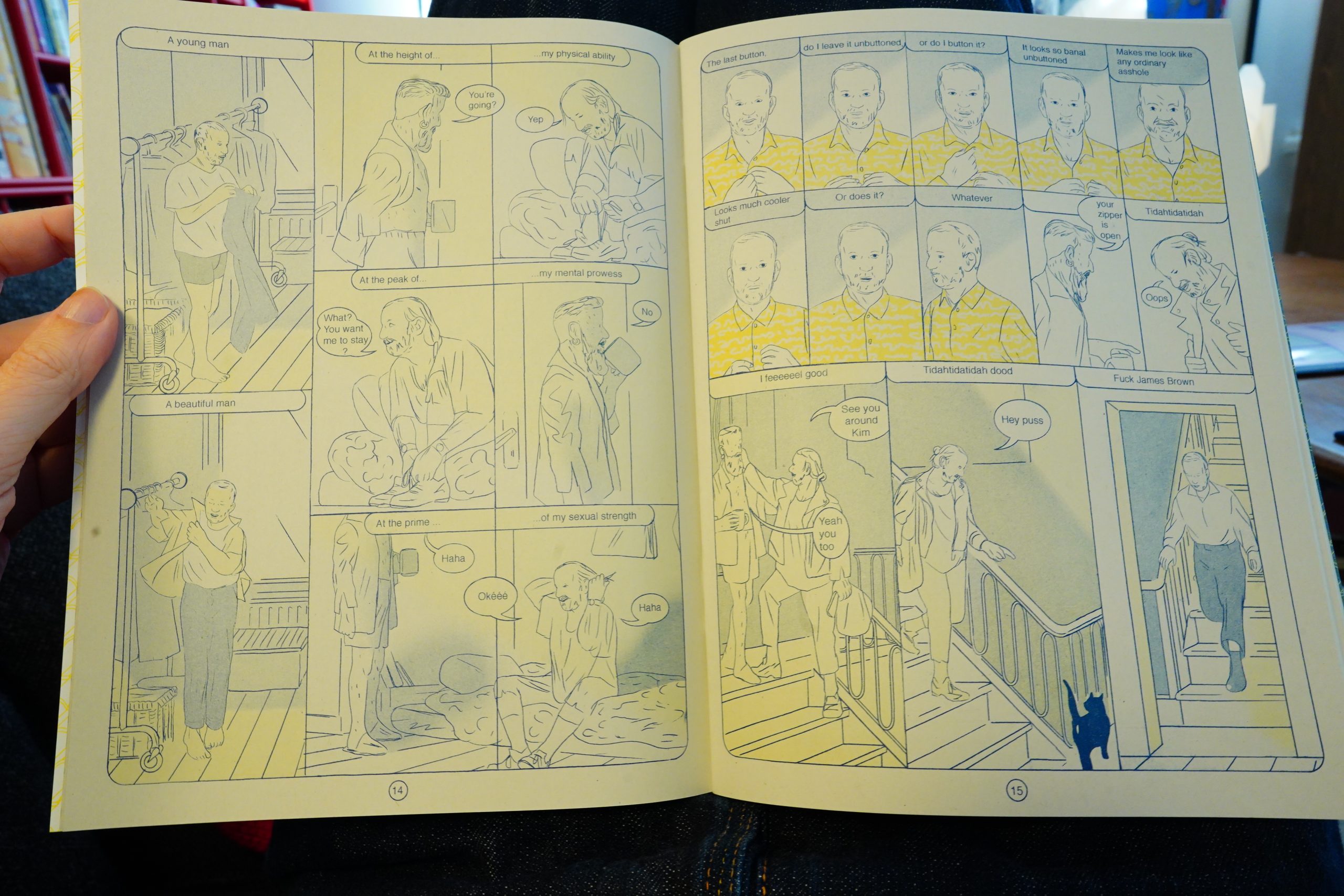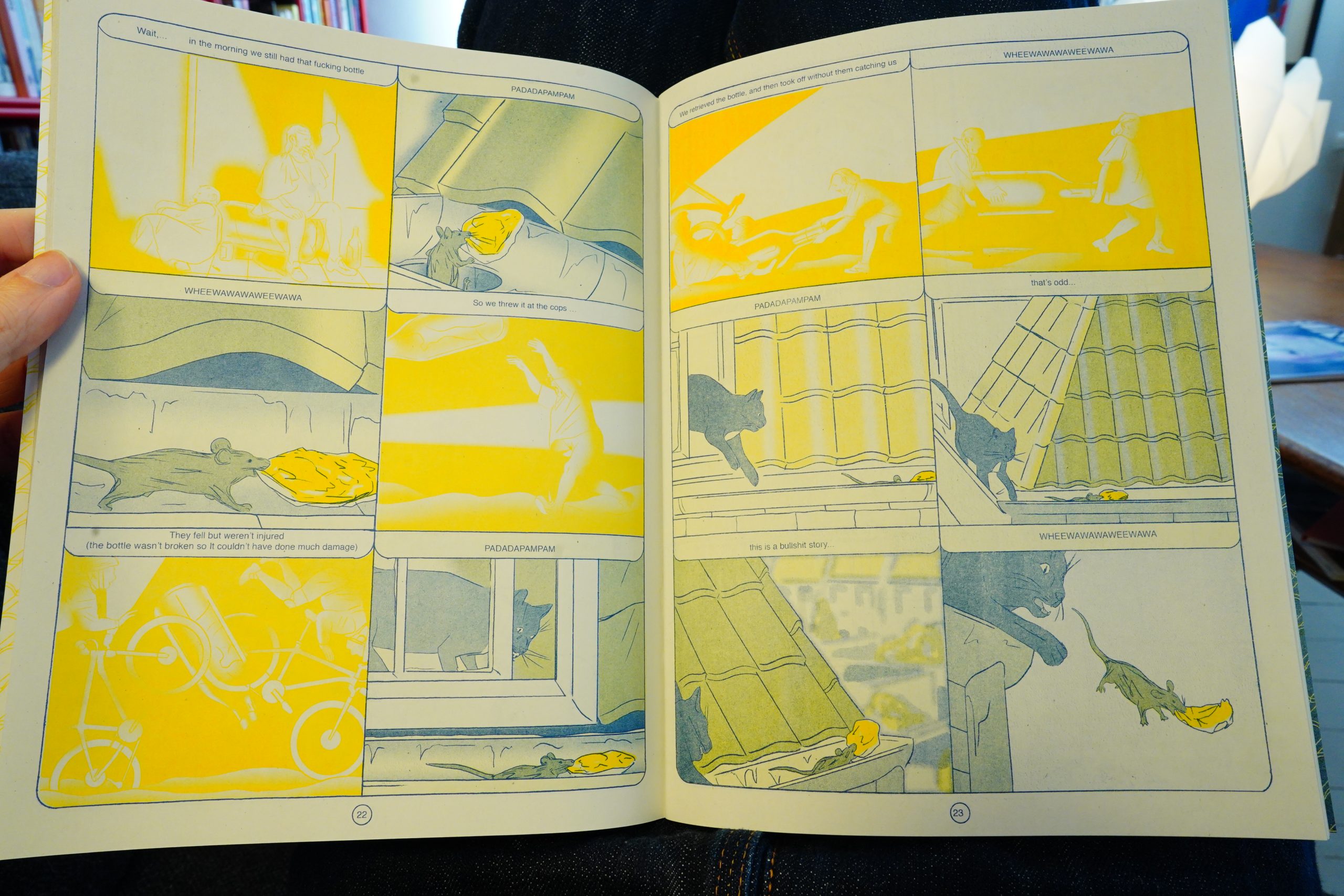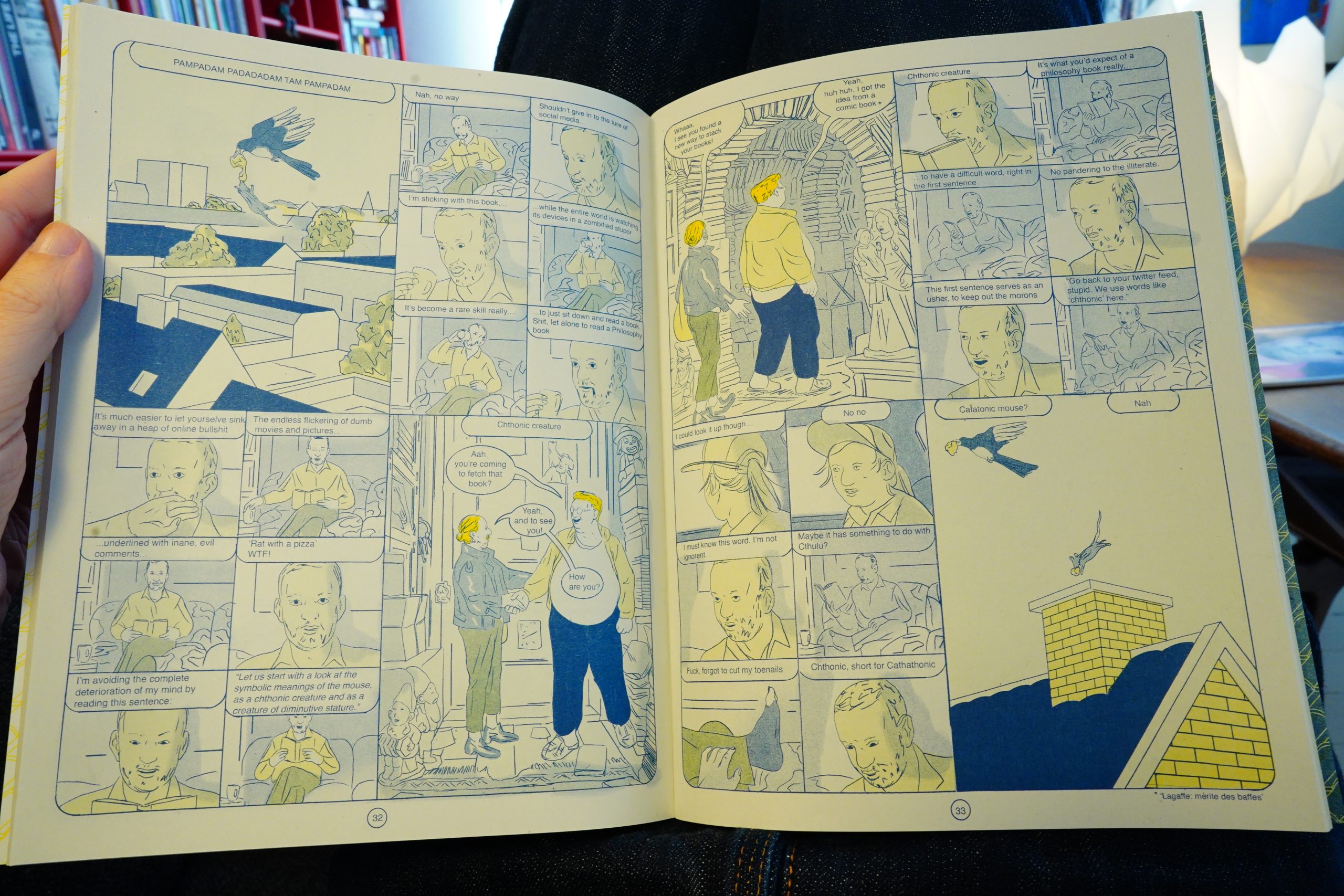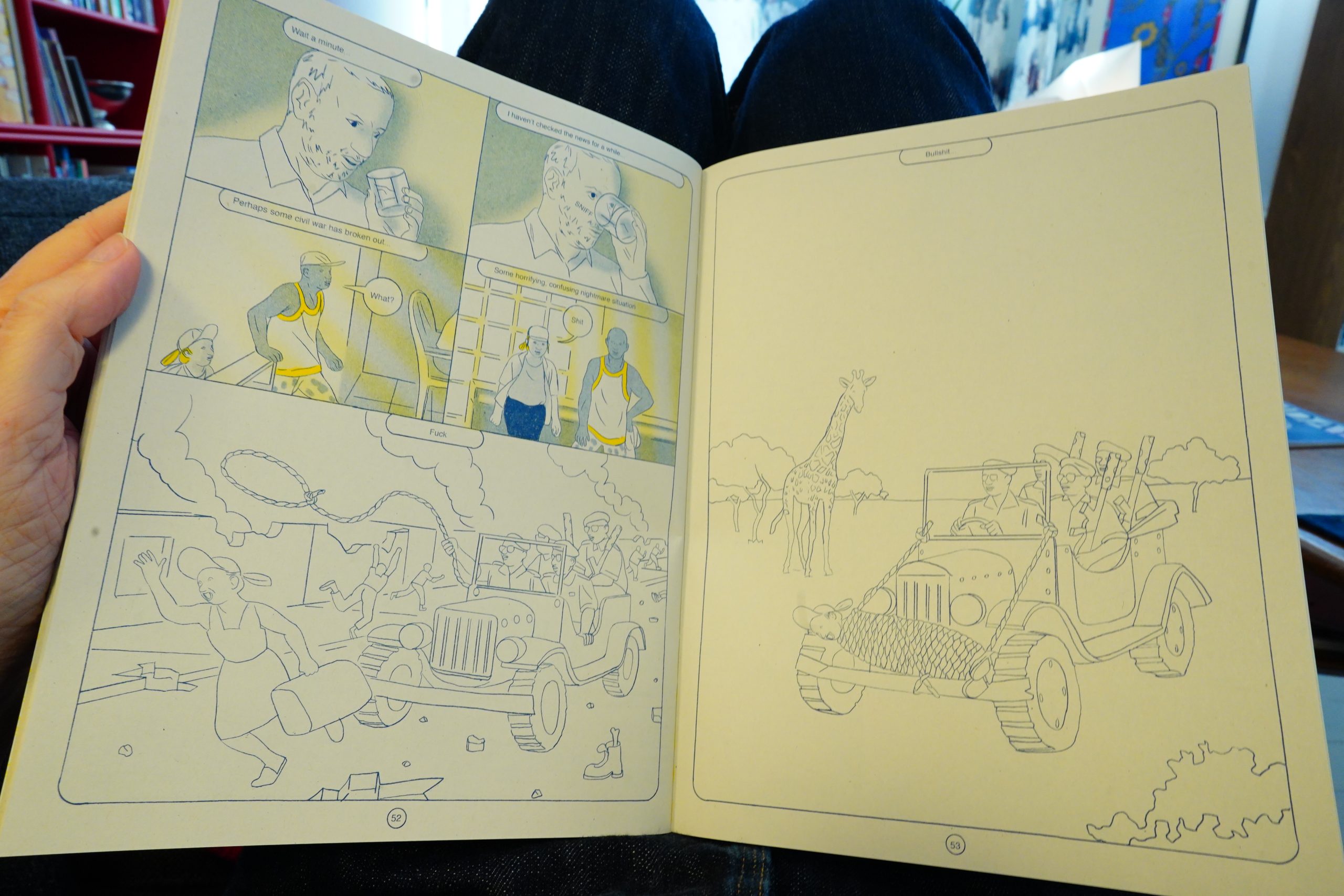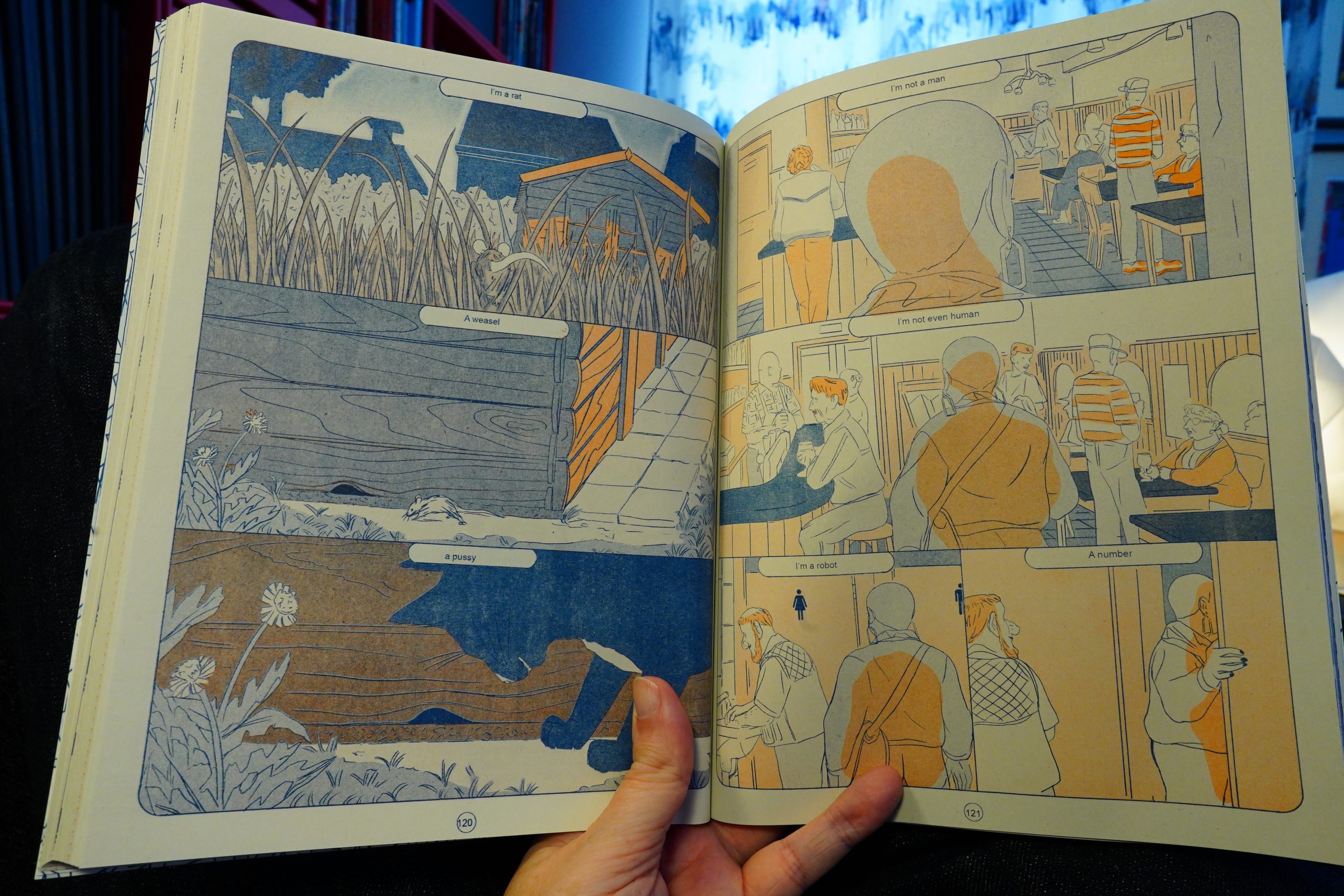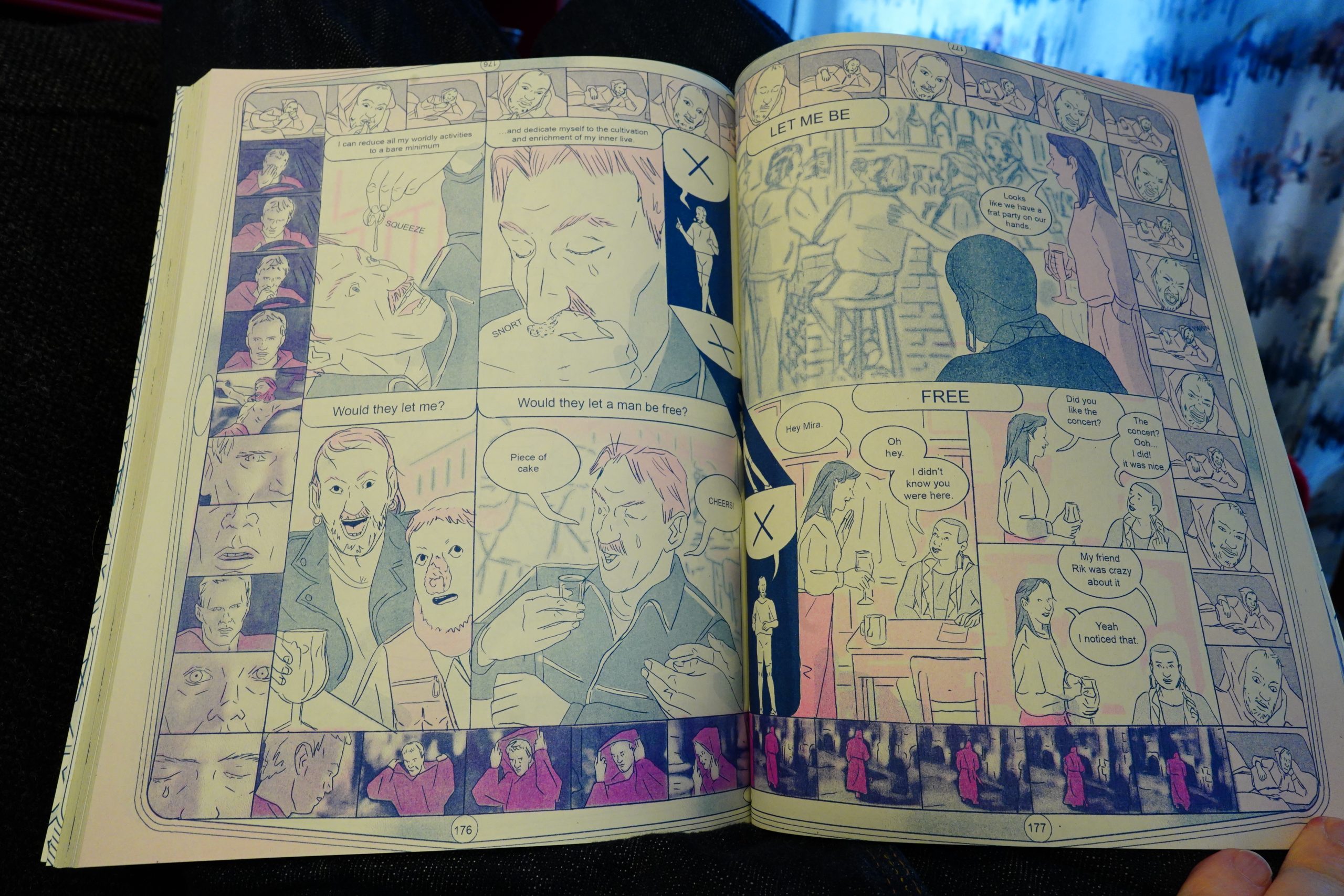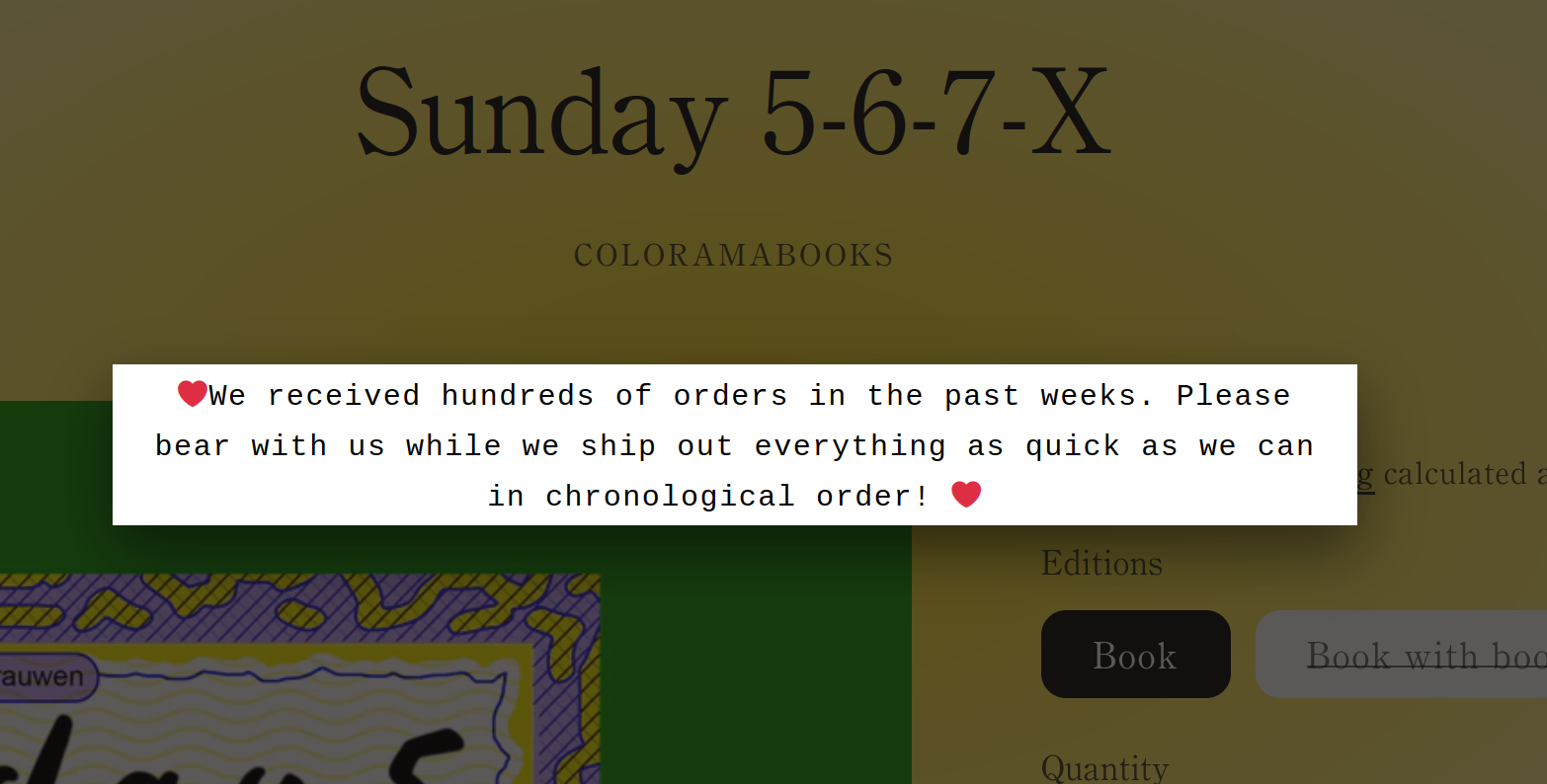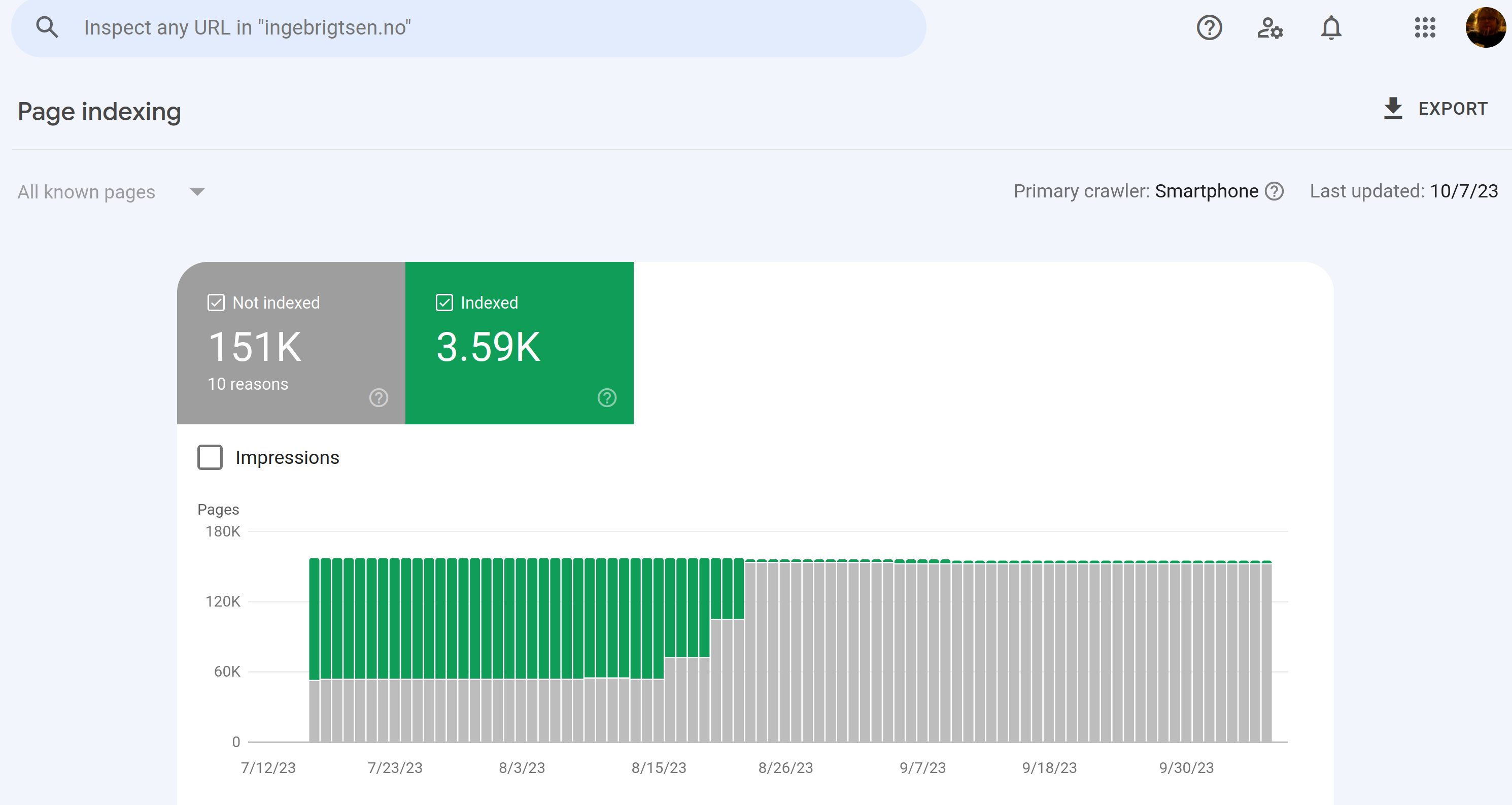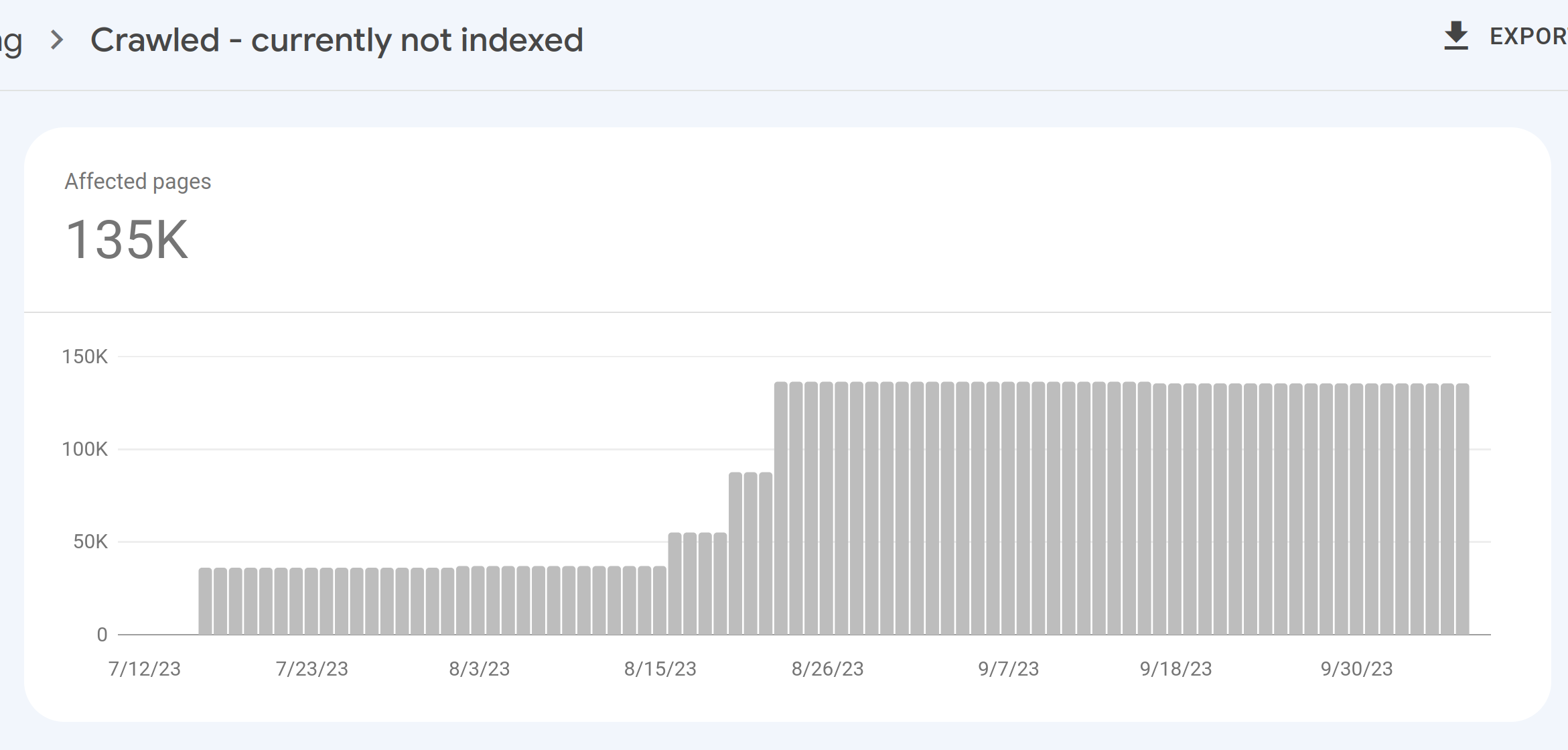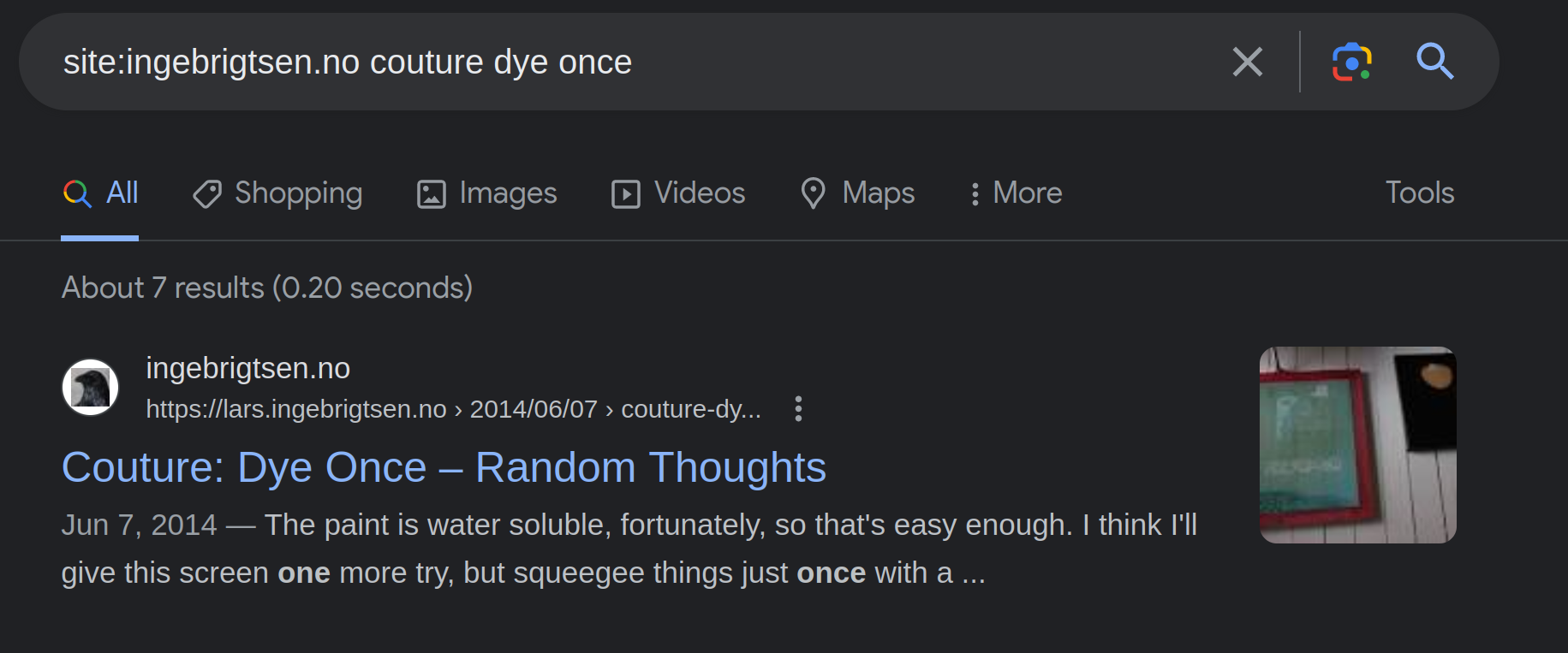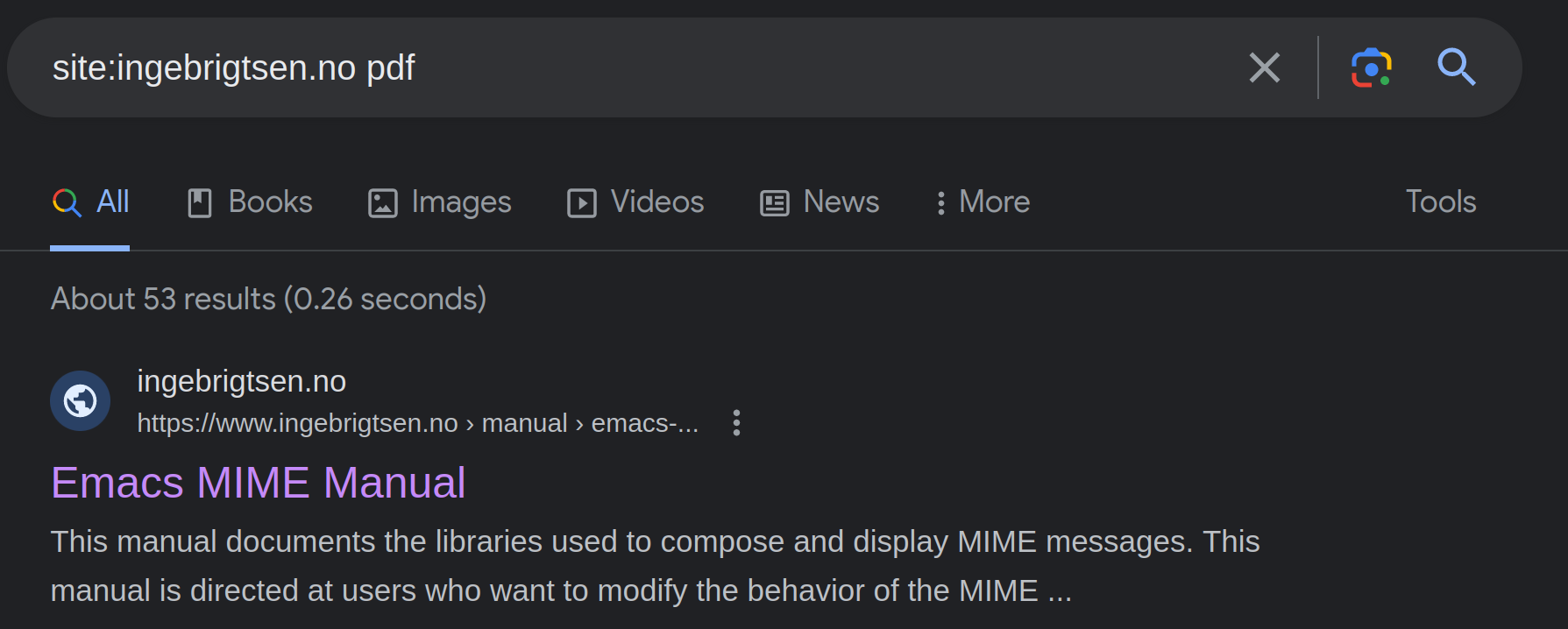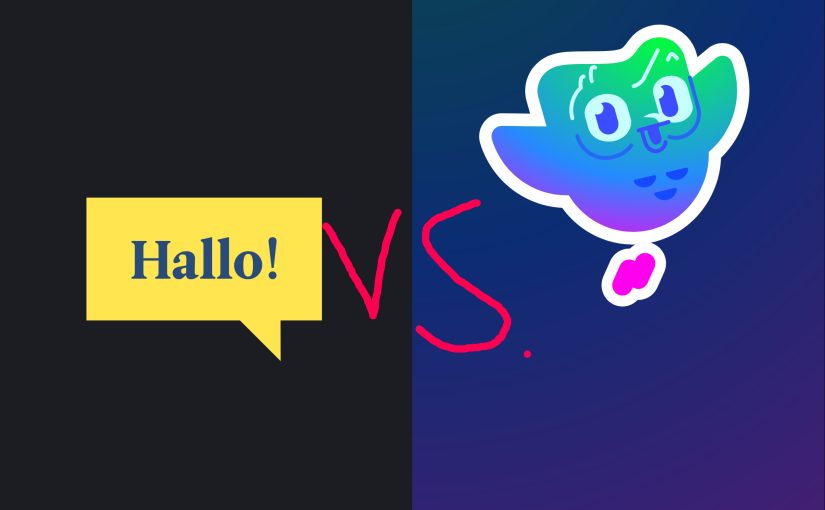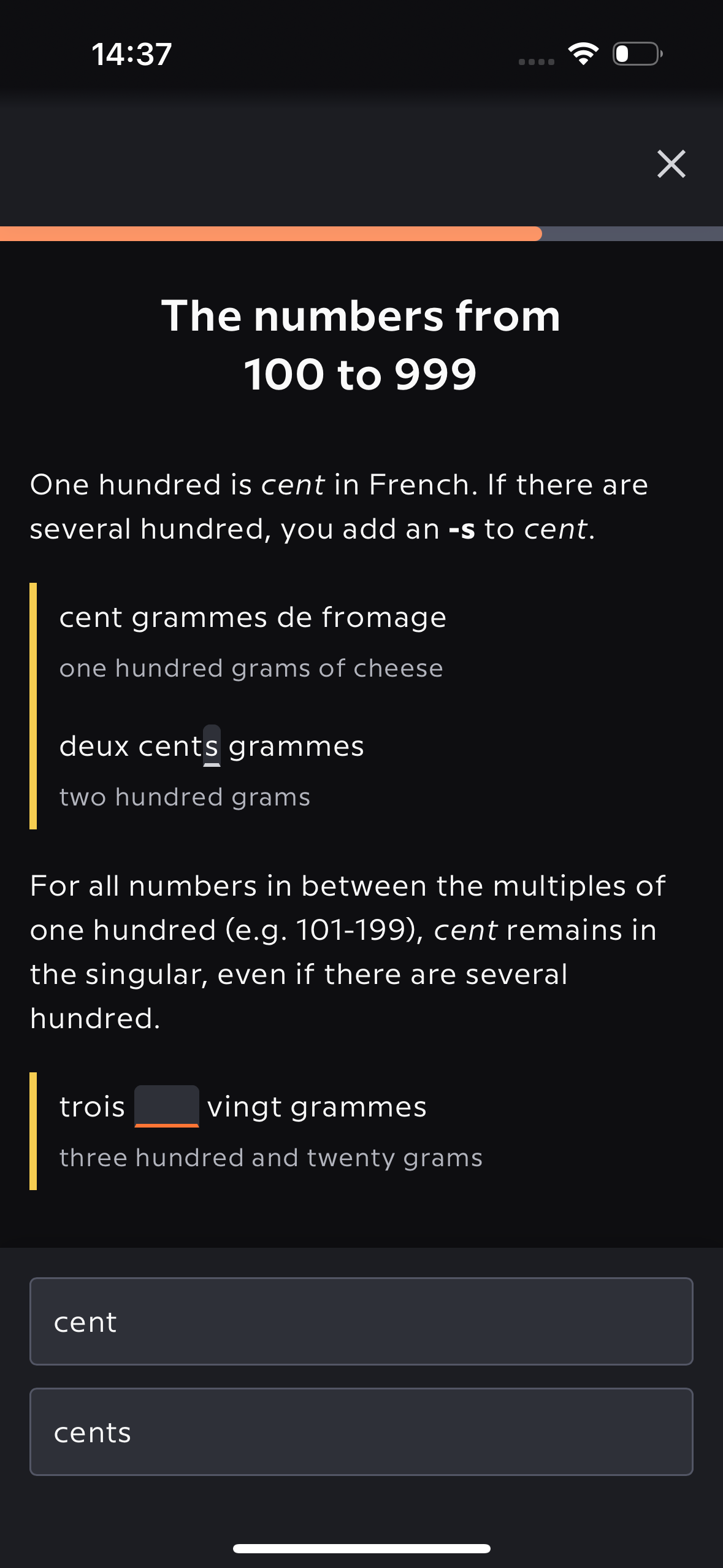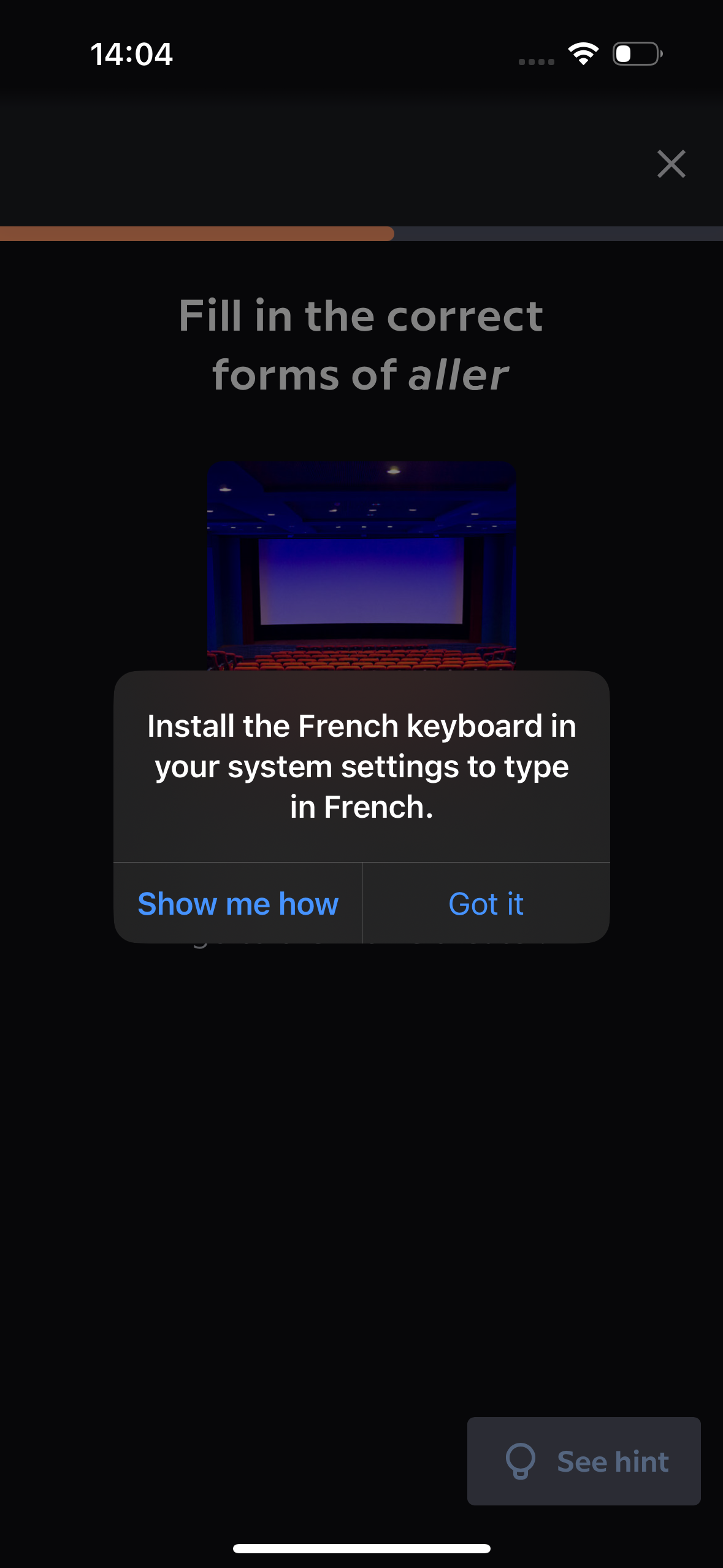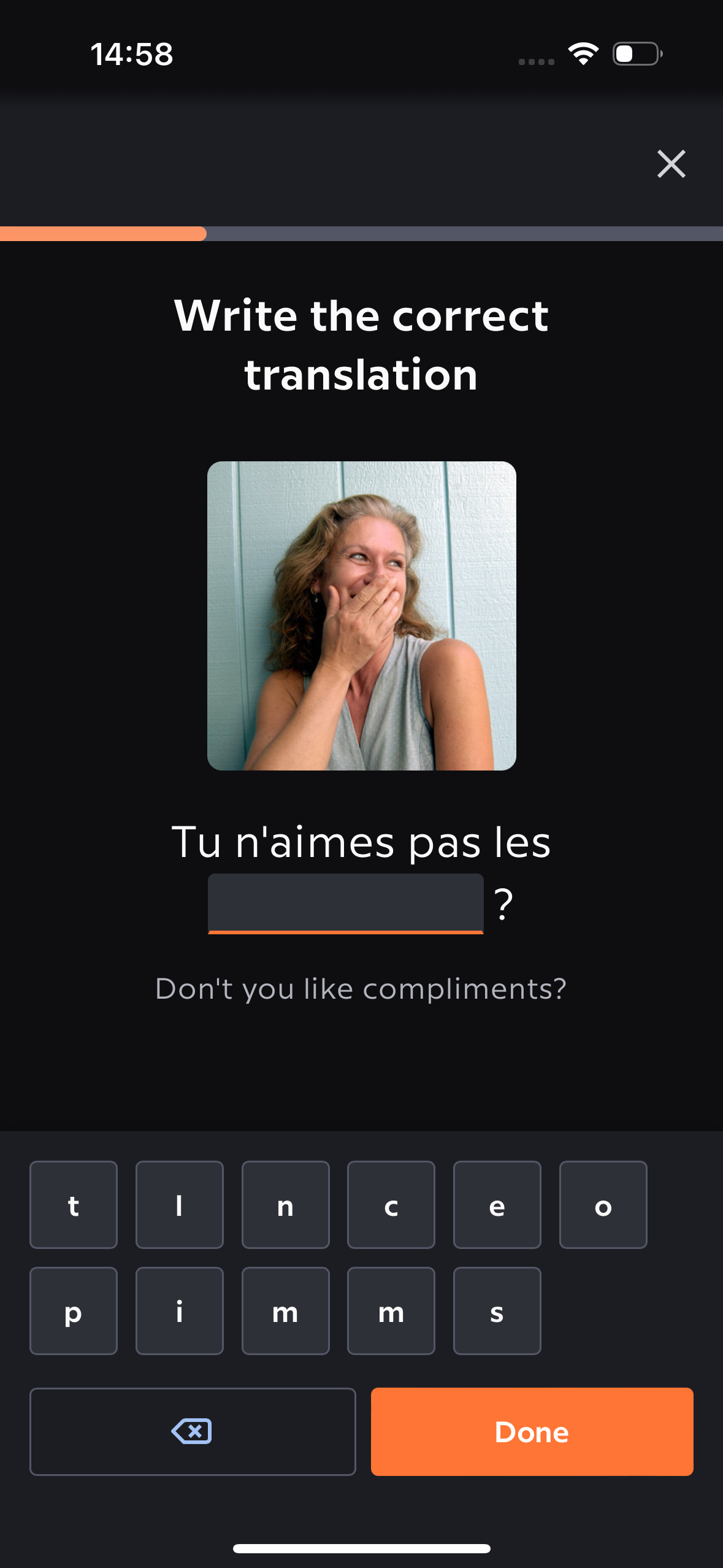My New Trends In Hotel Decor Blog
Comics Daze Micro Edition
I’m leaving for London tomorrow, so I don’t have time to read comics all day today. But I got the most eagerly anticipated comic of the year in the mail yesterday (no, not that one), so I just have to read it before going away.
Even though it’s apparently not meant to be read in one session. (I avoid reading articles or interviews about something I’m going to read, but I got that detail off of the Xitters.)
Anyway… it’s readin’ time!
| Colin Newman: Provisionally Entitled The Singing Fish-Not To | 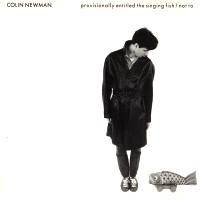 |
12:52: Sunday #1-X by Olivier Schrauwen (Colorama)
Heh… he starts with a helpful reading guide. As usual with Schrauwen, the book is presented as being about one of his relatives, and as usual, I’m assuming the book is total fiction.
So I guess this is riso printed? It looks really great.
So it’s this sorta stream of consciousness thing — we get a bit of Thibault’s internal monologue in most every panel.
As internal monologues go, this is a lot more convincing than most.
I love the rhythms of the storytelling…
Heh heh.
With the second issue, things take off — we start following a number of different characters (while the internal monologue continues throughout). There’s perhaps a dozen different characters, and at least half a dozen storylines, and it’s not immediately clear how they relate to each other, but thing become clear very fast.
It’s amazing, and it’s utterly engrossing. I mean, this sort of thing has been done before, of course, but here it’s so flabbergastingly fluid — it seems almost effortless, and I don’t know how he manages to do that. All the shifts seem logical and… interesting? There’s some slight befuddlement to keep the reader on their toes, but it’s just exciting throughout.
Every issue is printed in two colours. The blue is constant, but the other colour shifts between issues, which adds visual interest. However, I think perhaps they should have gone with a darker yellow? It’s just hard to make out what’s happening in some of these panels.
And, yes, two of the characters we’re following the storylines of are animals.
Heh heh. Chthonic.
Heh heh. Such Tintin.
| Talking Heads: The Name Of This Band Is Talking Heads | 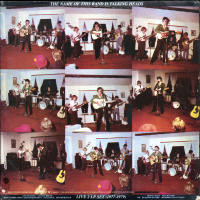 |
I don’t wanna go all excessive and stuff here, but this comic book is absolutely amazing. It’s utterly thrilling. All the different storylines are exciting; they all have such tension. And you want to strangle several of the characters; they’re so frustrating… but in a good way! For the story!
And it build and builds and becomes more and more dense as everything ties together (on many different levels), so I wasn’t expecting things to ever resolve.
But then, in issue X (the eight, which I didn’t snap pics from), Schrauwen changes storytelling approach, and it’s like *phew*. We get an entire issue to unwind from the tension and the stress of reading this book, and it’s just perfect.
This was apparently serialised over a number of years? I’m impressed that Schrauwen was able to keep things as consistent and structured; it reads as one complete work.
Reading it is an amazing experience. It’s 100% comics; this couldn’t have been done in any other art form.
I’m guessing a bigger publisher will pick up the book now and publish it all over the world? Probably in one volume? I’d recommend reading it in one setting, although I can see why Schrauwen says you shouldn’t: It’s a really dense and tense book, and it’s exhausting to read. But reading it slower might make you lose the thread(s), which would be a shame.
These books are still available from Colorama.
It sounds like they might be overwhelmed by people ordering them, though.
| Peter Gabriel: Peter Gabriel 4 | 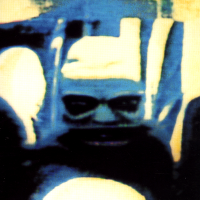 |
15:07: The End
And now I have to start packing.
The Mysteries of Google
Is this good or bad?
OK, let me explain.
I google with site:ingebrigtsen.no a lot because I use this blog as a way to externalise my memory. (I’m forgetful.) Half a year ago, I noticed that I was getting weird results. After fixing that problem, I eventually signed up for the Google Search Console to see whether anything else should be fixed (I mean, just because of curiosity on my part, I guess).
My first question was: I have 151K pages!? Of which 60K aren’t indexed?
There’s about 4K “real” pages in this domain, spread over two blogs, basically. But since this is WordPress, there’s a lot of URL duplication. Every page has a /feed/ page, and there’s a “short code” version of every URL, and there’s another “short code” that comes from WordPress.com, and probably an AMP URL, and and… I’m forgetting a lot.
But now Google is saying there’s 151K pages not indexed, and 3.6K pages that are indexed. The latter is fewer than the actual number of pages.
So:
So… that all looks sensible, except the “crawled — currently not indexed”, which is what’s grown, I think. Yeah:
Yup.
So what are these URLs?
OK, there’s a couple /feed/ pages, which is nice, but there also seems to be some actual blog posts? So let’s google for one of them:
And… it’s there!?
*sigh*
So is the Google Search Console just nonsense? The only help the help pages have to offer on this issue is:
I mean, none of this matters very much. I’m just curious.
And no, I’m not really expecting Google to index every silly little blog in existence — the search engine is theirs, and they are entitled to do whatever they want. But it’s a nice, convenient service when it works.
And while I’m whingeing about the Google Search Console, I might as well whine about this mystery, too: Google seems to think that all of the Gnus manuals that exist on the gnus.org domain exist under www.ingebrigtsen.no, too. They’re both hosted on the same web server, so they resolve to the same address. So I thought this might be due to a misconfiguration on the server — it wouldn’t be the first time, since Apache amusingly defaults to using the “default” directories when you forget to set up domains properly.
But clicking on that gives you the expected result — that the document doesn’t exist.
Anybody have any idea what’s up here?
Je ne parle pas français
Two months ago, I decided to learn French (so that I could read more comics by Chantal Montellier). I wanted to try using an app this time, because I’ve pondered learning French before, but after looking at a textbook, I somehow always found myself cleaning the kitchen stove instead.
I’m just saying. It’s hard to get motivated by a textbook. Doing an actual French course might be a good idea, but I’m so unstructured these days…
Anyway, I did some slight research (i.e., asked on an irc channel) and went with Duolingo. It’s the most popular language app, and it’s not difficult to figure out why: It looks really pretty, it works well, and it relies mostly on repetition as a way to get you to learn stuff.
So you get hundreds of small lessons where you’re supposed to, say, use “de” or “le” correctly in a sentence, and you’re supposed to learn, as if by osmosis, when you’re supposed to use which word.
And this works well, really. By that I mean that it’s fun: Hours fly by while tapping on the phone, and you feel like you’re learning something. And you do! I’m able to read, extremely slowly and with the occasional help of a translation app, comics that a French two year old would be able to breeze through.
But it also so occasionally so frustrating. Sometimes when you get things wrong, you just want to shout at the phone “zut alors! pourquoi! pourquoi!” But Duo remains mum — it’ll sometimes tell you explicitly what you’re supposed to use, but it rarely explains why, and why it’s logical that you should use one thing there, but another thing there in a similar situation.
The sensible thing to do here would be to buy a book of grammar or something, but then again: A less than perfect app that you use all the time is better than a perfectly pedagogical book that you never open. (That’s just me.)
So I went looking for apps again, and Pimsleur is recommended by many — but it focuses on spoken French, which isn’t my primary interest. The next one up is Babbel.
And… regardé!
Yas! It actually tells you why things are like they are! A lot!
I like the chattiness. It doesn’t try for gnostic brevity that’s the popular approach, but has faith in that people know how to read several sentences in a row.
It also does the traditional lists of conjugations, which I like, too. Duolingo doesn’t do this, but instead drills you in the variations — but never all at the same time, so after two months of Duo, I’m still having problems remembering that “vais” and “vont” are different conjugations of “aller”.
Duolingo does have some of the same stuff, but is less pedagogical. Notice how they explicitly say the gender of “cinema” here, because we haven’t learned that yet, and we’re learning “a + le = au” here. I love that. You feel you’re being given an understanding of the language, instead of just having to intuit things on your own.
Like this — I’d registered that sometimes it was “cents” and sometimes it was “cent”, but I had no idea why (or when, really).
Even the example conversations are good — they don’t feel as artificial as they do in Duolingo. The voices are also great, and sometimes amusing: They had one guy from England who spoke French with a heavy accent…
So everything’s perfect now, right? No, of course I wouldn’t deign to write a blog post unless it’s about Whingeing To The Max.
Babbel has all this knowledge embedded: The example sentences are better than in Duo, the voices are better (in Duo it’s frequently hard to tell what the computer voices saying), the language tips are fantastic…
But the app sucks.
There. I said it. It sucks.
It’s buggy, it’s annoying, and the “game mechanics” are awful.
Every time you start a lesson, you get this “learning tip”. Yes, I got it (!).
The first time you open the on-screen keyboard in any lesson, you get this nagging pop-up. And no, I’m never going to install the AZERTY keyboard, because I can thumb-type fast on the QWERTY one.
One third of the tasks are doing these letter scrambles. And I just loathe them. I realise that this is being used as a way to give the user hints about what letters are in the word, and how long it is, but I absolutely hate it. I can thumb “compliments” on an on-screen keyboard like *snap*, but it takes me so long to hunt and peck these randomly ordered boxes. If they wanted to give tips, couldn’t they just show these scrambles, but also pop up a keyboard?
Oh, and yes — when you’re keyboarding, that’s exactly what they do: They (optionally; you have to click a button first) show these letter scrambles. Whoever made this app had a fetish for scrambling…
… because word scrambles are also what you do for sentences. But it’s not bad here — except that they include “-” as a word, which is slightly annoying. (In Duolingo, this is one of the major “game mechanics” thing, except that they include words that aren’t part of the sentence, too, which makes things more fun.)
When you type out stuff, you also have to include the hyphens — which is annoying on Iphone keyboards at least, since it takes three jabs of the thumb.
Some of the bugs may be the result of them not having tested things on such an obscure platform as an… Iphone 15 Pro. Iphones (the non-max ones) have screens that are smaller than the average these days, I guess, so many times all the options don’t fit on the screen.
And sometimes the “hints” will block part of the text, and once I had the keyboard covering the text box I was trying to enter text into.
It’s also just plain slow. On this screen, you’re filling in four words — but each of them involve typing on the keyboard, then “go”, then wait a second, then another second while the keyboard disappears, then get the sentence read out, then wait a second while the keyboard reappears, and then you can do the next word. It’s like “GNGNGNG LET ME DO IT!”
So I dunno. It’s just frustrating: Babbel is obviously vastly superior app pedagogically, and I’ll probably learn French a lot better by using it than by using Duolingo.
But Duolingo is fun, and Babbel is maddeningly frustrating. So I’m back to it probably being better to use a less than perfect app that I’ll actually pick up daily than using a well-thought-out pedagogical app that’s just buggy and annoying?
Babbel has the look and feel of somebody’s first app — a proof of concept, without any polish. But Babbel has been going since 2008, so I’m guessing it’s futile to hope that they’ll make the mechanics less annoying, or even fix the obvious bugs.
Why can’t things be perfect!
We’ll see. For now I think I’ll try using both, even though that might be a huge waste of my precious, precious time.
